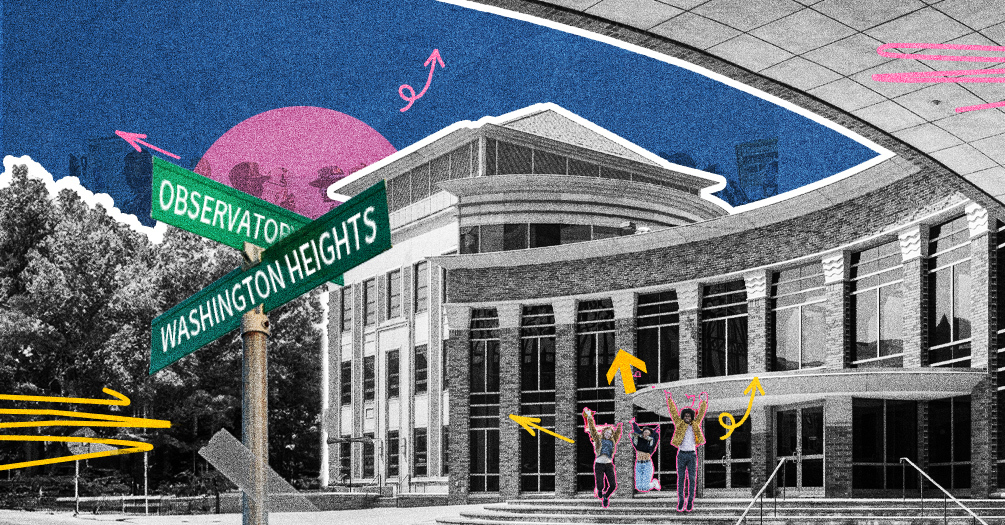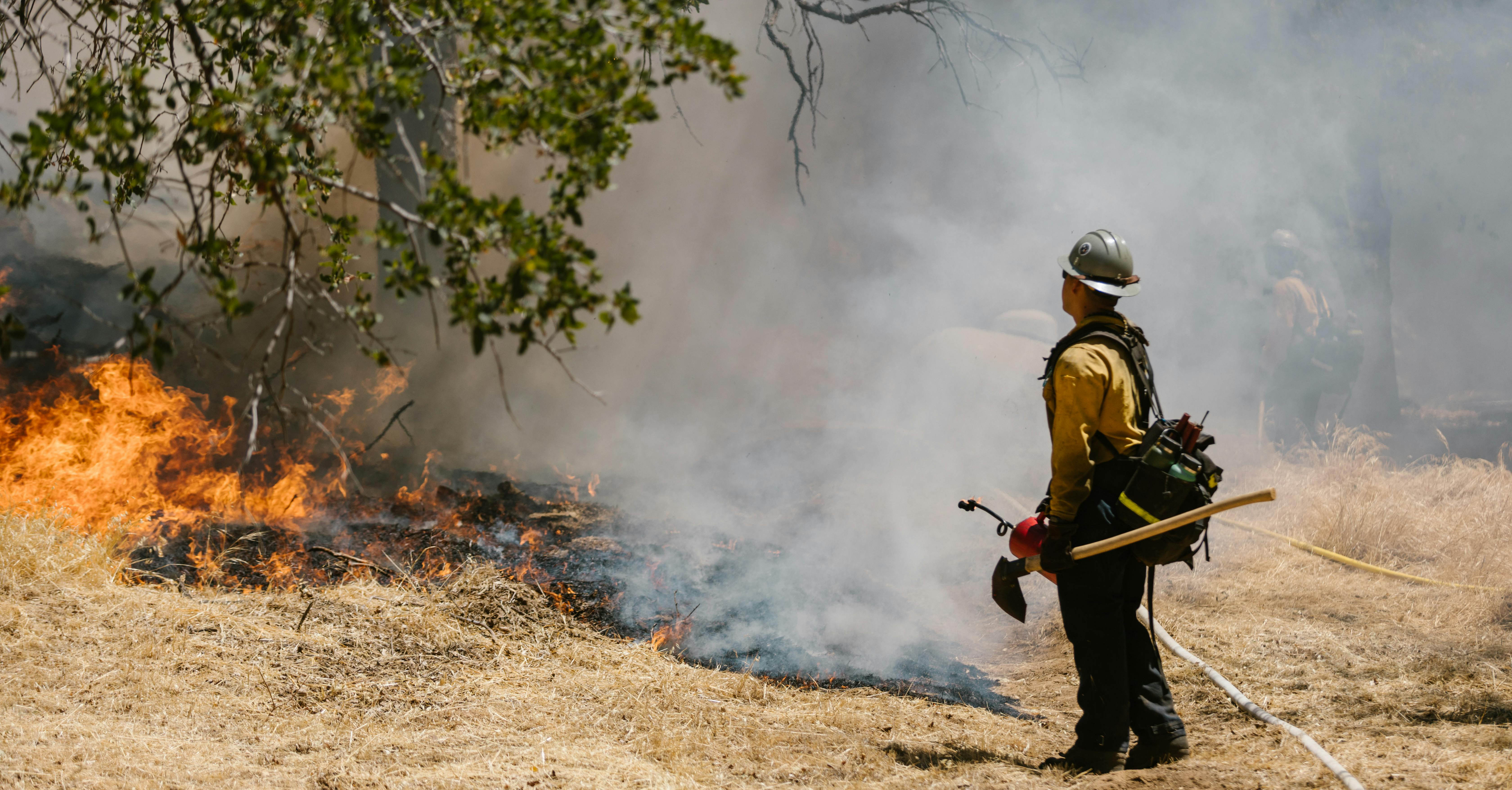Occupational and Environmental Epidemiology
The Occupational and Environmental Epidemiology (OEE) track is an interdisciplinary program involving Epidemiology and Environmental Health Sciences that prepares students with systematic knowledge, comprehensive skills and research experiences for investigating health impacts of exposures to hazards, substances and stressors in the environment where people live, work and socialize. Research areas OEE faculty and students conduct include climate change and related consequences (e.g., extreme heat, flooding, drought), air pollution, water pollution, noise, chemical exposures from everyday products and foods (e.g., heavy metals, pesticides, phthalates, PFAS), workers’ health, etc, and their health effects that range from birth outcomes, asthma, and autism in children to cardiovascular disease, metabolic disease, Alzheimer’s disease, dementia, and mortality in older adults.
Funding Opportunities
OEE students can receive financial support through traineeships from the National Institute for Occupational Safety and Health (NIOSH), Education and Research Centers (the University of Michigan Center for Occupational Health and Safety Engineering). All students who are US citizens or permanent residents are considered for funding. Other funding sources for OEE students include School of Public Health scholarships and research assistantships from faculty research grants.
Curriculum and Program Requirements
The MPH degree in OEE requires a 60-hour sequence of courses that are typically finished after four terms (two years). Required core courses are core epidemiology courses and core OEE courses, including Exposure Science & Health, Essentials of Toxicology, Environmental Epidemiology, Data Analysis for Environmental Epidemiology, and Professional Seminar in Occupational Health.
VIEW COMPETENCIES AND LEARNING OBJECTIVES
Epidemiology Core Requirements
| Courses | Credits | Term |
|---|---|---|
| BIOSTAT 521 Applied Biostatistics | 3 | Fall 1 |
| BIOSTAT 522 Biostatistical Analysis for Health-Related Studies | 3 | Winter 1 |
| EPID 600 Introduction to Epidemiology | 3 | Fall 1 |
| EPID 602 Data Analysis for Epid Study Design | 3 | Winter 1 |
| EPID 639 R for Epidemiologic Research | 2 | Fall 1 |
| EPID 667 Professionalism Practice and Communication 1 | 1 | Fall 1 |
| EPID 668 Professionalism Practice and Communication 2 | 1 | Winter 1 |
| EPID 669 Professionalism Practice and Communication 3 | 1 | Fall 2 |
| EPID 670 Integrated Problem Solving in Epidemiology 1 | 3 | Fall 2 |
| EPID 671 Integrated Problem Solving in Epidemiology 2 | 3 | Winter 2 |
| Summer Internship (1 credit for every 84 hours worked) | 2-6 | Summer |
| Elective graduate-level courses taken to achieve 60 credits |
OEE Core Requirements
| Courses | Credits | Term |
|---|---|---|
| EHS 510 Responsible Conduct in Research and Scholarship | 1 | Fall 1 |
| EHS 601 Exposure Science & Health | 3 | Fall 2 |
| EHS 602 Essentials of Toxicology | 3 | Fall 2 |
| EPID/EHS 608 Environmental Epidemiology | 3 | Winter 1 |
| EHS 668 Interprofessional Prospectives in Occupational Health & Safety | 1 | Winter 2 |
| EHS 603 Occupational and Environmental Disease | 3 | Winter 2 |
| EPID/EHS 675 Data Analysis for Environmental Epidemiology | 3 | Winter 2 |
In addition to coursework relevant to their chosen concentration, all students in the epidemiology masters program must complete the School of Public Health’s Core Curriculum. Please see the concentration pages, linked above, for additional information on concentration-specific prerequisites and curriculum.
| Courses | Credits | Term |
|---|---|---|
| PUBHLTH 500 Investigating Public Health Issues | 6 | Fall 1 |
| PUBHLTH 501 Developing Public Health Solutions | 6 | Winter 1 |
Internship Opportunities
OEE students are encouraged to identify internship opportunities that are related to environmental health or occupational health. Federal, state, and local governmental agencies provide summer internships. OEE internships normally take place during the summer semester after the first year of training and are typically 8-12 weeks long.
Students are responsible for arranging their own internships. Support and resources are provided through the Department (internship coordinator, track leaders, faculty members) and the Michigan Public Health Career Development Office. EPID 667 and EPID 668 (Professionalism Practice and Communication) will offer strategies and instruction on how to locate an internship.
Internship Opportunities at Michigan Department of Health and Human Services, including climate change, environmental health disparities, and occupational injury surveillance.
If you are unable to secure sufficient funding for your internship from these other sources, you may apply to the Department of Epidemiology for financial support. Please contact student services (epidstudentservices@umich.edu).
Contact Us
For more information about the admissions process, email our Epidemiology Admissions team at epidadmissions@umich.edu or schedule an appointment to talk with an Epidemiology Admissions Coordinator.
Ready to Apply?
Learn more about our application requirements and deadlines and start your application today. If you’re not ready to apply yet, but would like to receive more information about Michigan Public Health and the program(s) you’re interested in, join our prospective student interest list.





